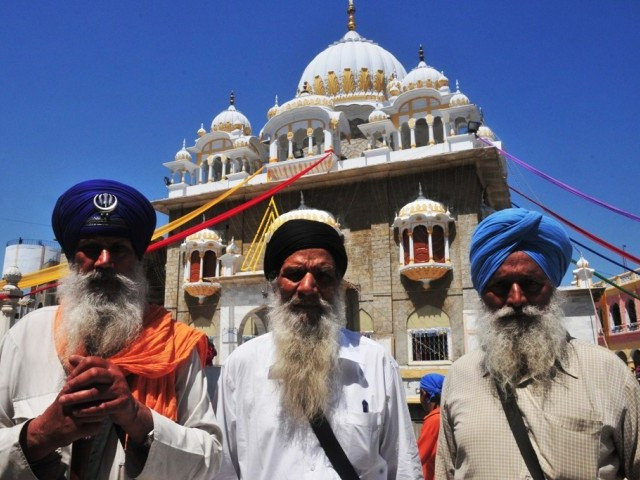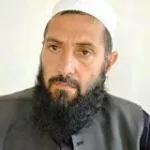“We are starting in the days where there is no discrimination, no distinction between one community and another, no discrimination between one caste or creed and another. We are starting with this fundamental principle, that we are all citizens, and equal citizens, of one State… You are free; you are free to go to your temples, you are free to go to your mosques or to any other place of worship in this State of Pakistan. You may belong to any religion or caste or creed – that has nothing to do with the business of the State.”
But if we look at the current condition of Pakistan, can we say that this is the same tolerant country that Jinnah aspired to make?
The answer, regrettably, is ‘no’.
It started from the Objectives Resolution that called for making religion a business of the state. It eventually became part of the constitution. The resolution was opposed by all members belonging to the minority in the assembly at the time; however, no heed was paid to their concerns.
During Ziaul Haq’s martial law era, this resolution was strengthened even further and the minority communities found themselves being discriminated against on an institutional level. This breach of human rights continued and today, it has taken the shape of a gruesome monster, killing people and revelling on massacre. In today’s Pakistan, every minority member is a secondary citizen – this is not what Jinnah wanted for his beloved country.
According to my elders, before Zia’s implementation of the martial law, Jagjit Singh, a doctor by profession, was the only Sikh living in their village at that time. He had a cordial relationship with all the residents of the village and was never referred to as a member of the minority. When his mother passed away, the entire village showed up for the funeral, which took place at River Indus near Attock, as was the Sikh ritual of submerging the dead into the sea. Later, he moved to Mardan where his relatives were residing. Since his death, his son, Sundhar, visits the village on Eid in remembrance of his father.
A week from now, on August 14, we will be celebrating our 68th year of independence. If one was to compare the past and the present, one would easily observe that not only have we ignored our founder’s words and ideals, we have also let go of our traditions. We, as a people, were never intolerant. We used to live harmoniously with people belonging to other religions.
What went wrong?
In January, and then again in March, 2014, two Sikhs were gunned down in Charsadda by unidentified men. I was left in disbelief upon hearing about the incidents as I was planning on writing an article on a Sikh’s life in Khyber-Pakhtunkhwa (K-P) and FATA.
A Sikh leader once told me that they (Sikhs) are the only minority of K-P whose ancestors refused to migrate during the 1947 partition and had decided to never leave K-P and FATA, even during the worst of conditions; they were living happily here and there was no such discrimination directed toward them at the time. But now, when their community of 25,000 is being openly targeted and the provincial government is doing nothing to protect them, they are thinking of winding up their businesses and moving elsewhere.
Not only the Sikh, but all other minorities of Pakistan are thinking on the same lines, after taking into consideration the country’s current state. During the past few years, many Hindu families have migrated to India simply due to the alarming threats to their lives. And the rest of the minorities may just follow suit.
If we were to compare Jinnah’s vision of Pakistan for its minorities to our present condition, we would understand that we have, evidently, failed to make Pakistan a safe place for our minority brothers where they are supposed to be treated as equal citizens of the state.
Our founder’s dream – no discrimination on religious grounds – remains only a dream and nothing more.
Even though it comes as good news that the National Assembly of Pakistan has finally decided to constitute a fact-finding committee for religious minorities, the question remains whether they will be given the fundamental right as per Jinnah’s words – the right to go to their temples or mosques or other places of worship ‘freely’? Will we be able to see a ‘free’ Jinnah’s Pakistan?



COMMENTS
Comments are moderated and generally will be posted if they are on-topic and not abusive.
For more information, please see our Comments FAQ